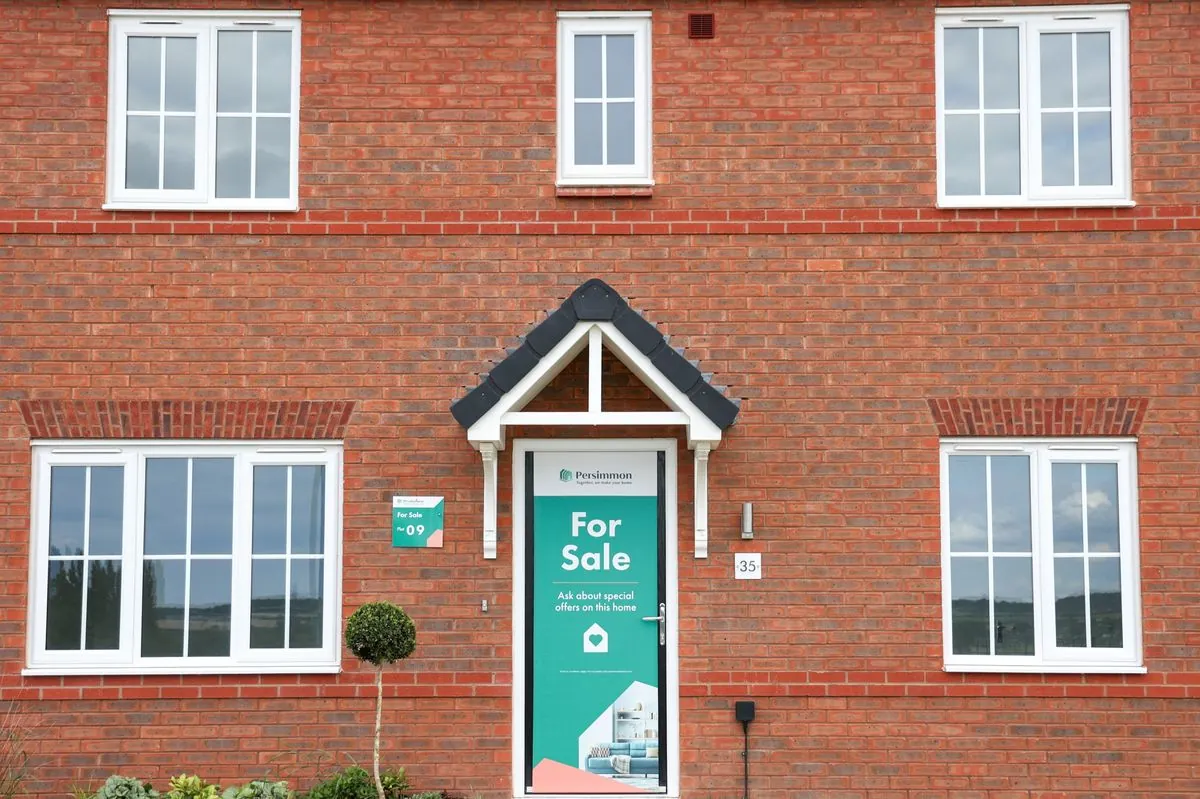In the current economic climate, British property owners find themselves at a critical juncture. The Labour government, grappling with financial constraints, is contemplating significant tax reforms that could reshape the landscape of property ownership in the United Kingdom.
Rachel Reeves, a key figure in the Labour Party, is expected to propose increases in inheritance and capital gains taxes. However, some influential voices are advocating for more radical measures, including the introduction of Britain's first annual wealth tax on homeowners. This potential move has sparked intense debate about its implications for private property rights and the broader economy.
The total value of UK homes stands at a staggering £8.7 trillion, making property taxation an attractive option for policymakers seeking to address the nation's fiscal challenges. The current budget deficit is projected to reach £87 billion this year, adding urgency to the search for new revenue sources.
Various proposals have emerged, ranging from a revaluation of council tax bands to the implementation of a proportional annual levy on home values. Some suggestions include a "mansion tax" on high-value properties or a "garden tax" based on land values. These ideas draw inspiration from different economic theories, including classical, Marxist, and Georgist approaches.
Proponents of these reforms argue that the current system is outdated and inefficient. The Institute for Fiscal Studies has criticized the existing council tax bands, which are based on property values from over three decades ago. However, critics warn that implementing such changes could have far-reaching consequences for Britain's economy and society.
"By 1964, a Labour internal report came out in favour of an annual Wealth Tax, influenced by the Left-wing economist Nicholas Kaldor."
This is not the first time Britain has grappled with the idea of wealth taxation. In 1974, the Labour Party manifesto proposed introducing an annual wealth tax, higher taxes on property speculation, and a new tax on major wealth transfers. While these specific proposals were not implemented, they set a precedent for the current debate.
Opponents of wealth taxes argue that they could lead to unintended consequences. They warn of potential capital outflows, social segregation, and a fundamental shift in the relationship between citizens and the state. Critics also point out that such taxes could disproportionately affect asset-rich but cash-poor individuals, such as pensioners.
The debate surrounding property taxation in the UK touches on fundamental questions of economic policy, social equity, and individual rights. As policymakers consider their options, they must weigh the potential benefits of increased revenue against the risks of undermining property rights and economic stability.
As the discussion continues, it is clear that any changes to property taxation will have significant implications for homeowners, the housing market, and the broader economy. The outcome of this debate will likely shape the future of property ownership in Britain for years to come.
